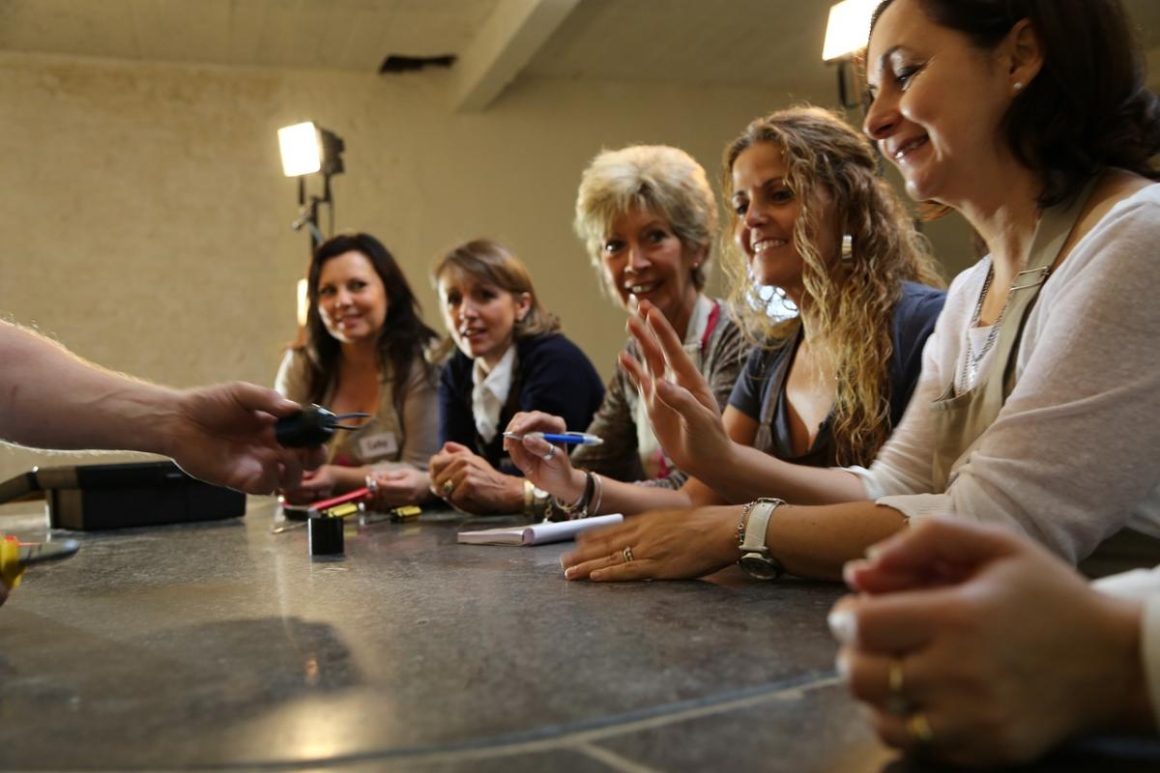The path to recovery isn’t just about overcoming dependency; it’s about rediscovering oneself and taking the transformative steps toward a new, healthier life. It’s a journey riddled with challenges, but one that promises immense personal growth. Embarking on this path requires courage, commitment, and the right support system that guides the way to self-discovery. Keep reading to explore how rehabilitation can be the start of a profound personal journey to finding one’s true identity beyond addiction.
Table of Contents
Embracing Change: How Rehab Can Spark Personal Transformation
Rehabilitation offers more than just a break from addictive substances; it’s an initiative into a transformative lifestyle change. The structured environment, routines, and healthy habits enforced by rehab programs help clients instill discipline. This discipline often carries forward into their everyday lives, bringing a sense of order and control that might have been missing before. If you’re looking to transform your life and break free from addiction, you can start with Hawaii addiction treatment.
Personal transformation in rehab is also fueled by therapy and counseling, which equip individuals with the tools to manage their emotions and responses to stressful situations differently. Learning these new coping mechanisms is a significant step towards changing one’s outlook on life. It enables a shift from a cycle of dependency to one of resilience and proactive behavior.
For many, the time spent in rehabilitation is a period of re-evaluation and setting new goals. By developing a vision for a life free from addiction, clients can focus their energy on constructive and fulfilling endeavors. Rehab becomes a platform for rebuilding one’s life, establishing meaningful relationships, and pursuing passions that were once sidelined due to addiction.
Building a New Identity Away From Addiction
Amidst the fight against dependence, rehab offers the chance to forge a new identity that isn’t anchored to substance abuse. It’s an opportunity to rediscover old interests and cultivate new passions, which in turn become integral parts of the newly formed self. As individuals explore these aspects, they begin to differentiate between who they were when using and who they can be in sobriety.
Addiction often masks one’s true personality and potential. Rehab, in contrast, encourages the shedding of that mask and the embracing of one’s authentic self. This process is nurtured through various activities and therapies designed to trigger self-expression and self-acceptance. By forming a new self-image devoid of addiction, individuals can start to appreciate their worth and capabilities.
This new identity is strengthened by restoring old relationships and building new, healthier ones. By engaging in honest and open communications, those in recovery can start to repair the trust and bonds that may have been broken by their past behaviors. These relationships play a vital role in reinforcing the new identity and supporting ongoing sobriety.
The Role of Therapy in Unraveling Your True Self
Therapy is the linchpin of the rehabilitative process, unraveling the complexities of the individual’s psyche to reveal the true self buried beneath addiction. Through individual and group sessions, therapists help patients peel away the layers of defense mechanisms that have long concealed their vulnerabilities and desires.
Cognitive behavioral therapy (CBT), one of the mainstays of drug rehabilitation programs, is particularly adept at helping individuals identify and change destructive thought patterns. As individuals learn to recognize and adjust these patterns, they begin to see themselves and the world around them differently. This clearer vision is crucial in creating a sustainable recovery.
Art, music, and experiential therapies further provide outlets for self-discovery and expression. These therapeutic forms allow individuals to explore and communicate emotions for which they might not have words. Through creativity, they often gain insights into their true selves, tapping into a deeper understanding of their identity and experiences.
Nurturing Hope and Purpose
Graduating from a rehabilitation program doesn’t signify the end of the journey; rather, it marks the beginning of a new chapter, one where hope and purpose take center stage. The teachings and experiences from rehab equip individuals to face the world with a renewed sense of confidence and clarity about their direction in life.
After rehab, individuals are often more in tune with their needs and desires, which allows them to set meaningful goals and pursue them with vigor. The sobriety journey morphs into a pursuit of personal and professional milestones, with each achievement reinforcing belief in one’s abilities and the newly established life devoid of addiction.
Altogether, the rehabilitation experience is far more than a clinical intervention for addiction—it’s a profound journey of self-discovery and personal restoration. By embracing the therapeutic processes and community within rehab, individuals unearth a new sense of self, ready to live a person-centered and fulfilling life, free from the constraints of substance abuse. Overall, rehab is not just a treatment for addiction; it is the incubator for the birth of a renewed individual, poised to take on life with hope and purpose.
Also Read: Understanding the Benefits of a 12-Step Addiction Program


